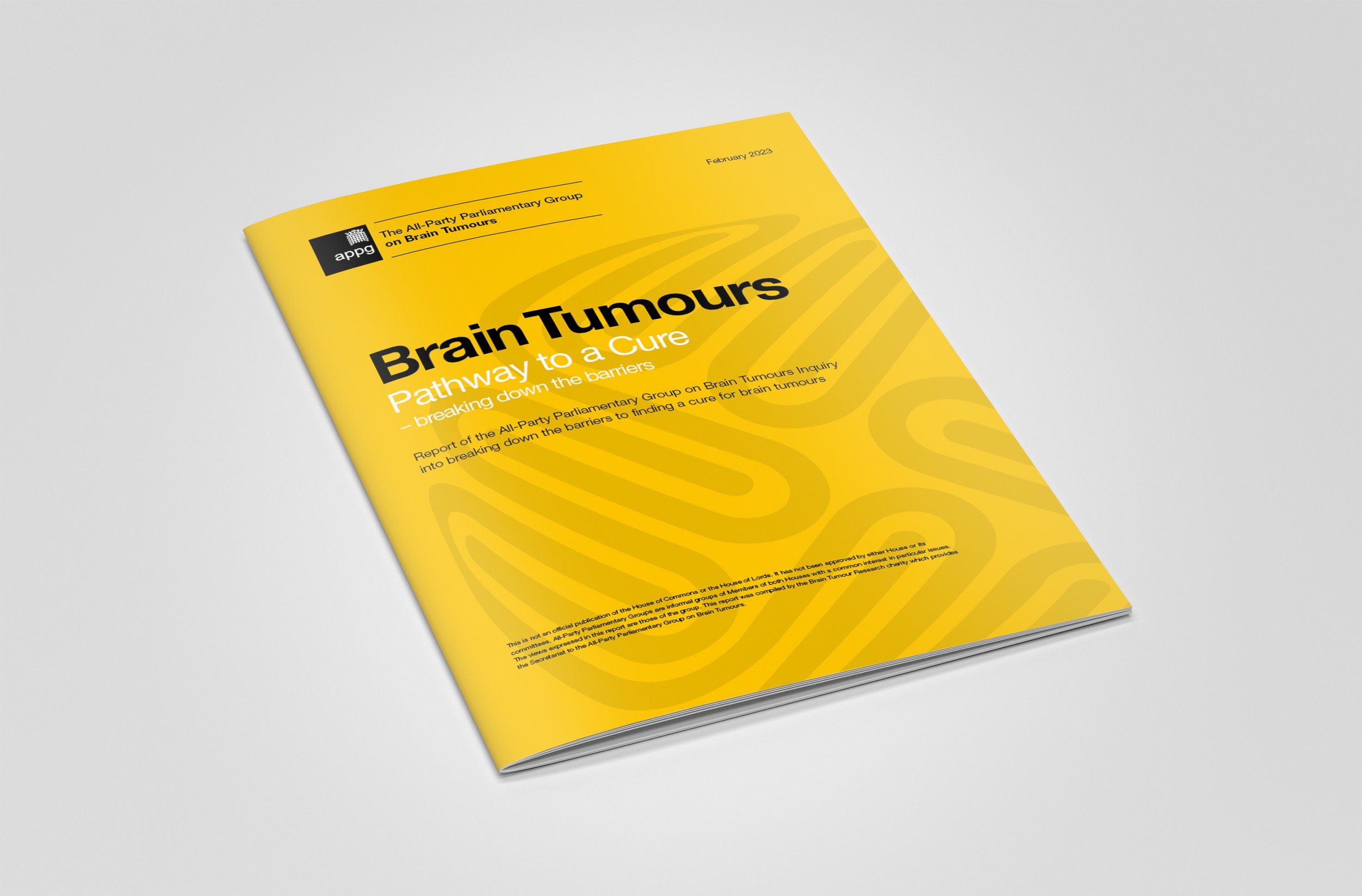Missing Millions Debate in Parliament
The All-Party Parliamentary Group on Brain Tumours (APPGBT) is being debated in Parliament on Thursday 9th March. This kind of opportunity to hold a debate in the main chamber has taken years to organise together with an incredible group of frontline Oncologists, Researchers and Brain Tumour Research Charities.
Although we are fully aware that purse strings are tight for the Government, having worked very closely with a number of researchers over the years, they are all saying similar things and the situation is desperate. This is not intended as a party political slight and the APPGBT is just that, an 'All Party Group'.
What is abundantly clear however, is that lots of publicity and pledges were made after the death of Dame Tessa Jowel to re address the historic and huge disparity of funds shared by different cancer types, especially given that brain cancer is responsible for the most cancer deaths in young adults and children, but the five year period it was to cover has now come to an end and only a small fraction of the 40 million has actually been paid out. Thus, we are calling for that to be released and used as it was intended. There are other issues (aren't there always) and if you wish to read more, please refer to the ’Pathway to a Cure – Breaking down the Barriers’ that was launched at Westminster on Tuesday 28th February.
Want to help further?
This is a link to the Template Letter which you are welcome to use and where it says, "write your personal story", you can add something as simple as having a connection with someone who has died from / been affected by a brain tumour and, as a result, you keep a supportive and interested eye on research funding developments.
Summary
The APPGBT report calls out the current funding system as unfit for purpose and claims patients and families continue to be let down despite the promise of millions of pounds of investment which has not materialised. It raises issues in the treatment of terminally ill children denied access to last resort clinical trials despite their parents’ wishes. Also highlighted is a so-called “valley of death” in which potential new treatments discovered in the laboratory fail to reach patients because of unnecessary complexity in the way research is funded.
Key recommendations of the inquiry include:
The Government should recognise brain tumour research as a critical priority, ring fencing £110 million of current and new funding
The research funding system has been built in silos and needs to be joined up from basic science through to clinical trials. Patients with brain tumours should have equity of access to trials of new anti-cancer drugs
Funding bodies should ring-fence specific funding for research into childhood brain tumours where survival rates for the most aggressive tumours have remained unchanged for decades leading to frustrated families seeking costly and unproven treatment abroad

